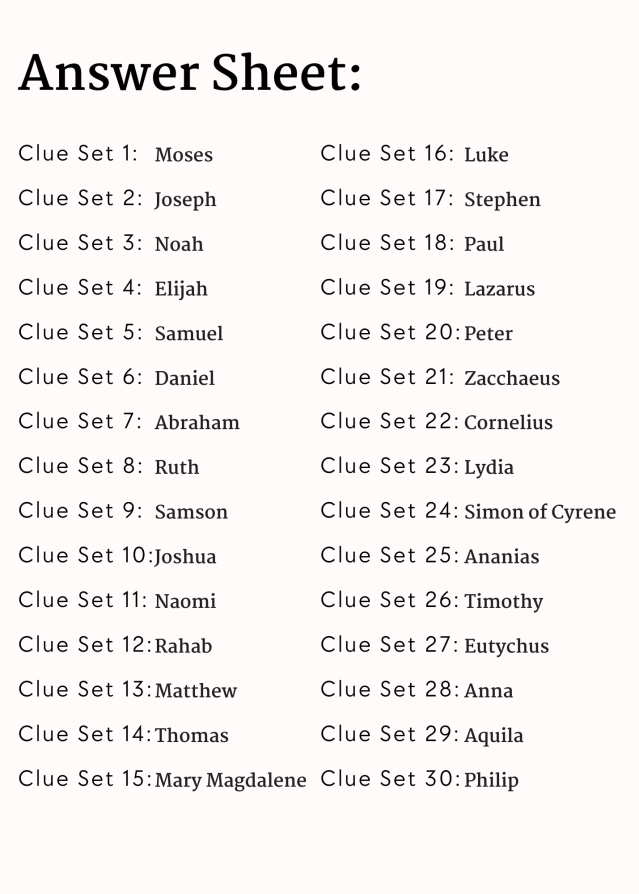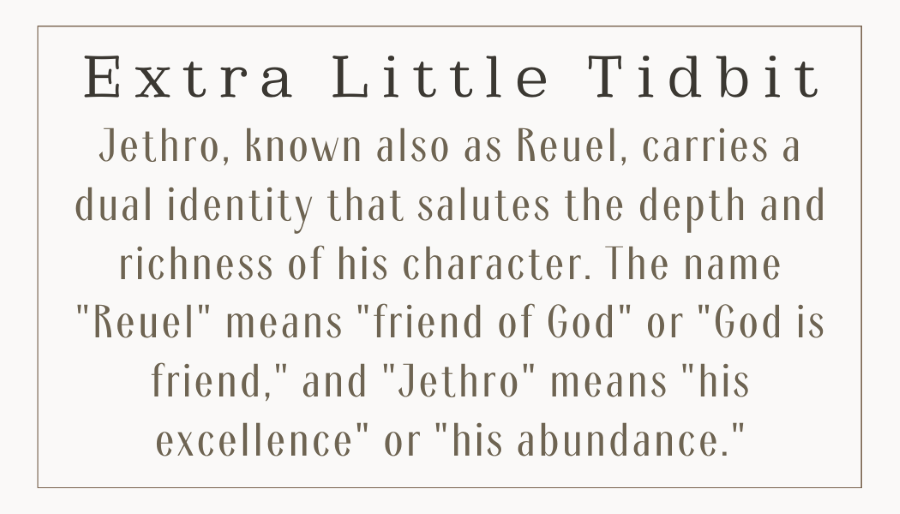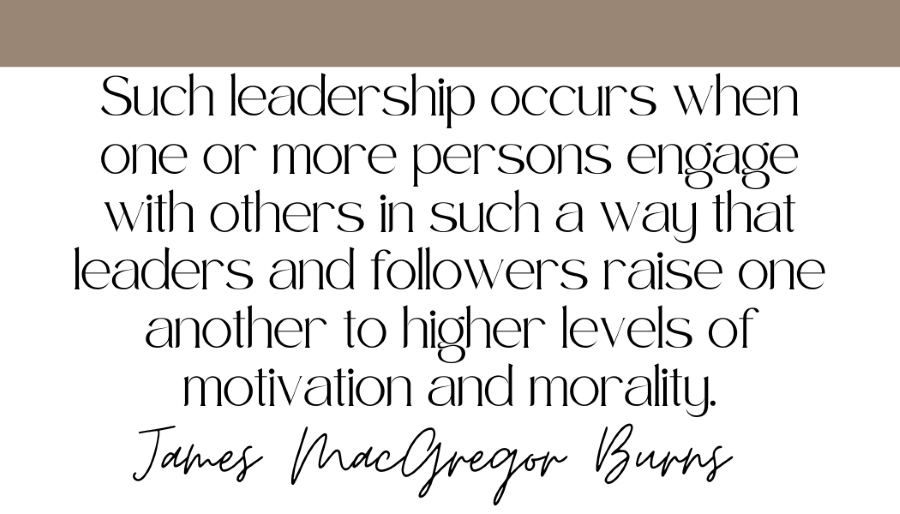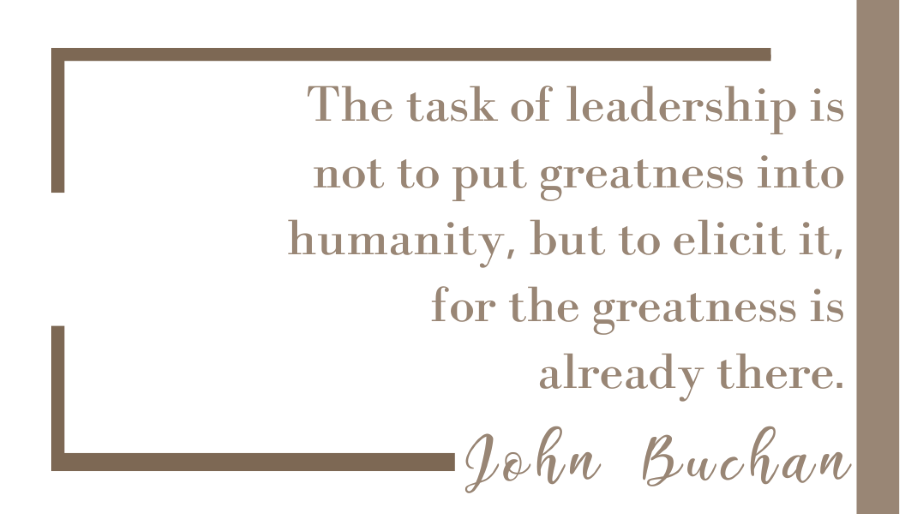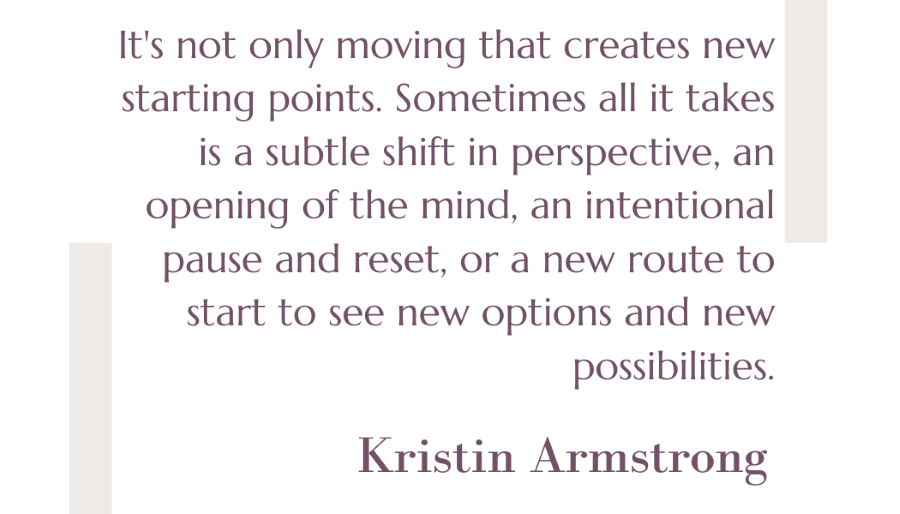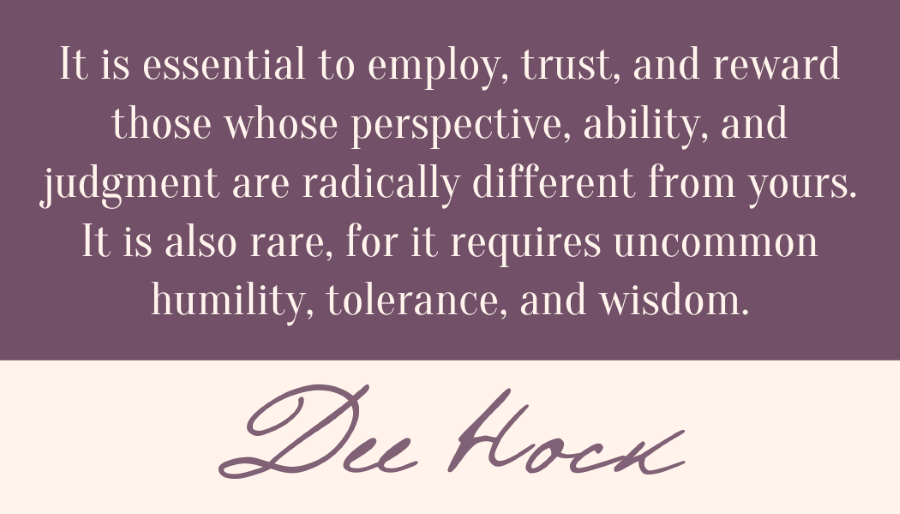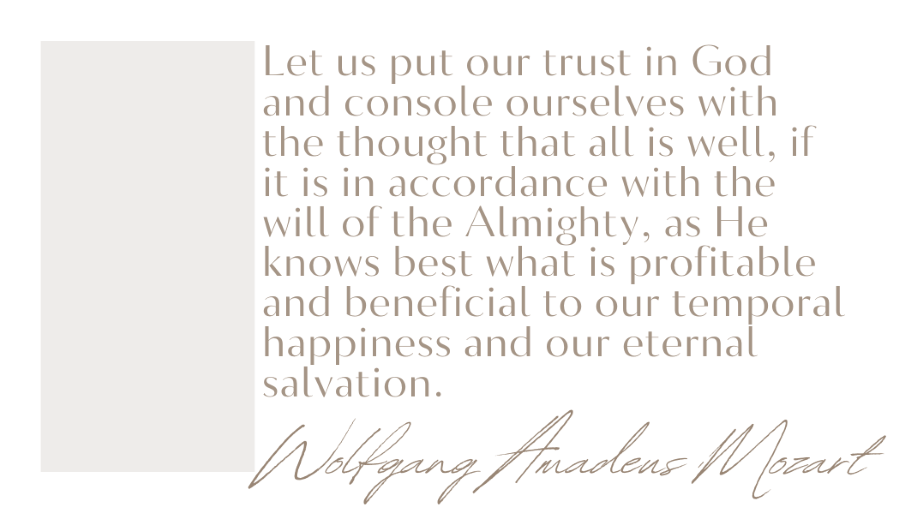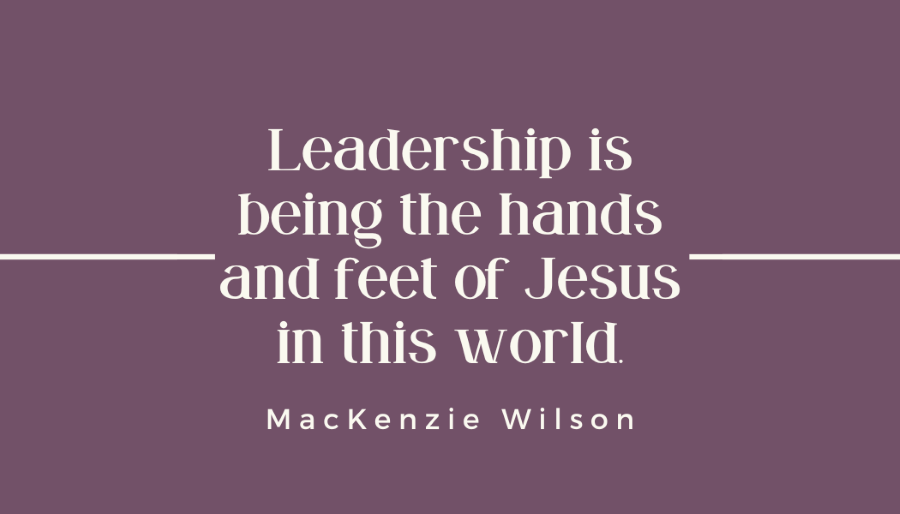The Myth of Resolute Faith
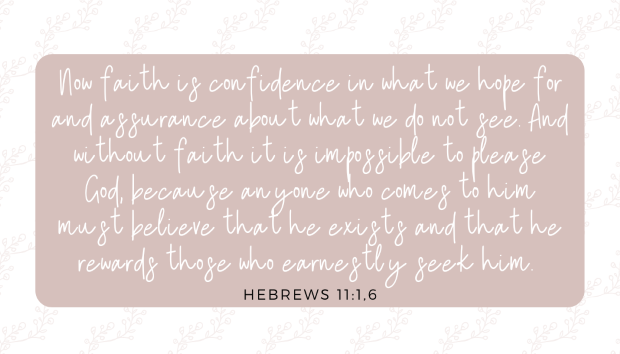
With ample passages throughout the Bible referencing the significance of remaining steadfast in faith, there is no question about the absolute magnitude of this call. Irrefutably, having a solid foundation of faith 100% of the time would be ideal, but that is not reality. Life is full of surprises, and being humans, even the most faithful can fall victim to the emotions that arise from unpleasant and confusing situations; potentially causing our faith to falter temporarily. And that is okay.
Faith is a Process
We should always strive to nurture our faith and engage in daily practices that sustain faith and help it grow. However, holding yourself to the high standard of embodying unerring faithfulness is—ironically—a failsafe way to ensure failure in addition to many other unfavorable feelings. Faith, by its very nature, is marked by growth, setbacks, and moments of doubt. Expecting perfection can lead to frustration, guilt, and a sense of inadequacy when we inevitably falter. Instead, we must recognize that faith matures through trials, patience, and grace, allowing room for imperfection while trusting in God’s immovable presence and guidance throughout the process.
Biblical Accounts of Skepticism, Reservation, and Indecision
The Bible is filled with stories of remarkable individuals whose faith in God shaped their lives and the lives of those around them. Even those closest to God, who witnessed His miracles and received His promises, struggled with doubt, fear, and moments of weakness.
Abraham: Abraham's struggle with faith is evident in two key moments where he doubted God's promises. The first occurs when he and his wife Sarah enter Egypt. Fearing for his life, Abraham asks Sarah to lie and say she is his sister, rather than his wife, to protect him from being killed by the Egyptians (Genesis 12:11-13), demonstrating a lack of trust in God's protection. The second instance is when Abraham agrees to Sarah's plan for him to have a child with her servant, Hagar, because they doubt that God will fulfill His promise of giving them a child in their old age (Genesis 16:1-2).
Sarah: When she overhears the Lord's promise that she will have a child in her old age, Sarah laughs to herself, reflecting her disbelief given her advanced years and the improbability of bearing a child. When confronted by the Lord about her laughter, Sarah denies it out of fear, but the Lord affirms that nothing is too difficult for Him (Genesis 18:12-15).
Gideon: When God first calls Gideon to deliver Israel from the Midianites, Gideon questions whether God is truly there. Despite being chosen by God, Gideon is deeply skeptical and asks for multiple signs to confirm God’s presence and promise. He first requests that a fleece be wet with dew while the ground remains dry (Judges 6:36-37), and then reverses the sign the following night, asking for the fleece to be dry while the ground is wet (Judges 6:39-40). Gideon's doubt and needed confirmation are commonly seen within the human experience of needing tangible signs to bolster faith.
Moses: Moses' struggles with faith are evident in several key moments in his journey. When God first calls him to lead the Israelites out of Egypt, Moses expresses doubt about his own abilities, questioning, "Who am I that I should go to Pharaoh and bring the Israelites out of Egypt?" (Exodus 3:11). His hesitation continues in Exodus 4:10-13, where he protests that he is not eloquent and pleads with God to send someone else. This reluctance exposes a lack of confidence in himself and God's plan. Later, in Numbers 20:10-12, Moses strikes a rock twice to bring forth water for the Israelites instead of speaking to it as God commanded. This act of doubt and frustration led God to tell Moses that because he did not trust Him fully, he would not lead the Israelites into the Promised Land.
David: David's struggles with faith and morality are evident in several pivotal moments in his life. One significant instance is found in 2 Samuel 11:2-4, where David, succumbing to temptation, commits adultery with Bathsheba, the wife of Uriah. Disregarding God’s commandments, this moment of weakness and self-indulgence subsequently leads to a series of sinful acts, including the eventual murder of Uriah. In Psalm 13:1-2, we find David openly expressing doubt and feelings of distance and abandonment when he cries out to God in despair, "How long, Lord? Will you forget me forever?"
Noah: Noah's struggle with faith is subtly implied after the flood when he plants a vineyard, drinks the wine, and becomes drunk, lying uncovered in his tent (Genesis 9:20-21). While the Bible doesn’t explicitly state that Noah lost faith, his actions can be seen as a moment of weakness or moral lapse following the immense responsibility and stress of building the ark, surviving the flood, and beginning humanity anew.
Samson: Samson's struggle with faith is most evident in his relationship with Delilah, as described in Judges 16:15-17. Despite being set apart as a Nazirite dedicated to God from birth, Samson allows himself to be worn down by Delilah's persistent questioning about the source of his strength. Prioritizing his relationship over his commitment to God, eventually, Samson reveals the secret of his strength—his uncut hair, a symbol of his covenant with God.
Elijah: Elijah’s struggle with faith is vividly depicted after his triumph over the prophets of Baal on Mount Carmel. Despite this great victory, when Queen Jezebel threatens his life, Elijah becomes overwhelmed with fear and despair. He flees into the wilderness and, in his distress, prays to God to take his life, saying, "I have had enough, Lord" (1 Kings 19:4). Elijah feels alone and defeated, Defeated and convinced that his efforts have been in vain, Elijah questions his purpose; failing to trust in God’s plan. In this moment of deep vulnerability, Elijah questions his purpose and struggles to trust in God's plan. However, reassuringly, God gently responds, providing Elijah with food, rest, and a renewed sense of purpose.
Despite their close relationships with God, these figures struggled with uncertainty, fear, or impatience at various points in their lives; revealing that nobody is immune to lapses of faith. Notably, each of these figures also experienced restoration and continued to play fundamental roles in God's plan.
The Bottom Line
The good news is that God remains faithful to us, especially during periods when we lack faith. Periods of uncertainty do not disqualify us from God’s love or His plan. Instead, they offer opportunities for us to rely more deeply on Him and experience His grace, rearranging our doubt into strengthened faith over time. Faith is not about perfection, but persistence.
- Torrance Community Church of Christ


